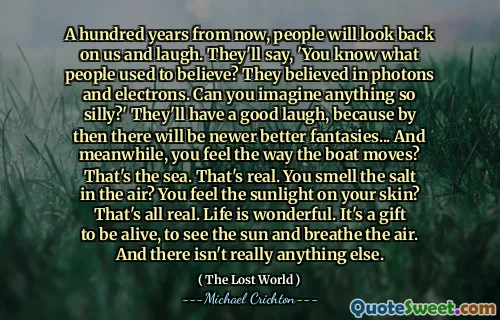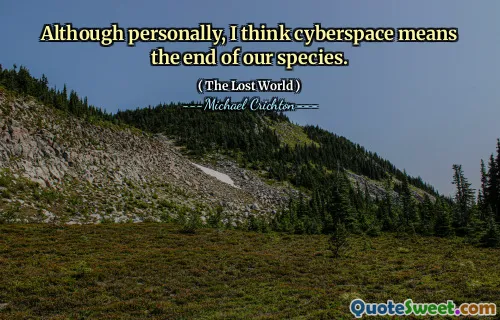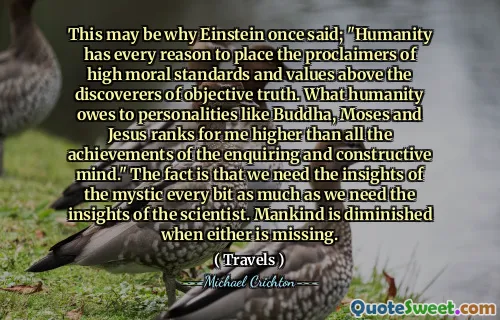There, just beyond his open palm, was our mother's face. I wasn't expecting it. We hadn't requested a viewing, and the memorial service was closed-coffin. We got it anyway. They'd shampooed and waved her hair and made up her face. They'd done a great job, but I felt taken, as if we'd asked for the basic carwash and they'd gone ahead and detailed her. Hey, I wanted to say, we didn't order this. But of course I said nothing. Death makes us helplessly polite.
In Mary Roach's "Stiff: The Curious Lives of Human Cadavers," the author describes a surprising encounter during a memorial service where she unexpectedly sees her mother's face, despite the service being closed-coffin. This moment emphasizes the conflicting emotions surrounding death, particularly the dissatisfaction with having an experience that wasn't requested. Roach reflects on the efforts made to present her mother’s appearance, noting that while they had done a commendable job, it felt intrusive, as if the expectations had been exceeded without consent. Roach captures the irony of the situation, highlighting the uncomfortable nature of death and mourning. Despite feeling as though they had been given more than they wanted, she struggles with expressing her discomfort. The sentiment that "death makes us helplessly polite" resonates deeply, illustrating how societal conventions can stifle genuine reactions in moments of grief. This encounter provides a poignant commentary on the complexities of how we cope with loss and the rituals that accompany it.





